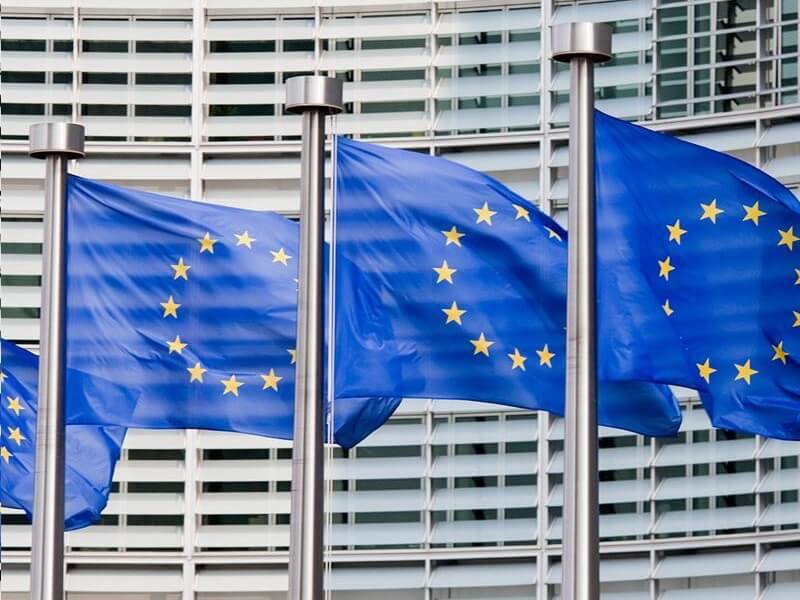Wednesday 17th April 2024

While the Nepali Government is striving to tackle and mitigate the impact of the coronavirus pandemic, the European Union (EU) has come forward to aid the country.
The European Union is offering NPR 9.8 billion to Nepal to prevent, detect and respond to the COVID-19 pandemic and strengthen its public health preparedness.
In the total amount, NPR 7.2 billion is a reorientation of existing funds and NPR 2.6 billion represents a new commitment.
The EU is also providing additional support to the Nepali Government to have direct and swift access to this financing.
“In difficult times, the EU is a reliable friend and partner for Nepal. We hope that our contribution will support the efforts of the government to respond effectively to this crisis, so that the impact on the most vulnerable is reduced,” said Veronica Cody, EU Ambassador to Nepal.
“International cooperation and solidarity are now more important than ever,” he added.
The coronavirus pandemic has inflicted severe impact on the economy of the country by inciting nationwide lockdown, closure of businesses and suspension of flights, among others.
In the need of the hour, the European Union has come forward to assist the government’s economic recovery plan.
Earlier, the EU has contributed NPR 14.9 billion to the World Health Organisation to support economically backward countries including Nepal.
“The EU is working closely with the United Nations, with other international organizations, humanitarian agencies, and with our partners throughout the world, in the great global effort to overcome the virus and its consequences,” said EU in a statement issued on April 27, 2020.
[ALSO READ: ‘Province-wise’ COVID-19 Cases in Nepal]Likewise, Chinese President Xi Jinping has promised to provide support to the Nepali Government to combat COVID-19.
Xi made the assurance during a telephone conversation with Nepali President Bidhya Devi Bhandari on April 27, 2020.
So far, Nepal has reported only 52 coronavirus positive cases. However, the country is reeling under adverse economic impact incited by the pandemic.